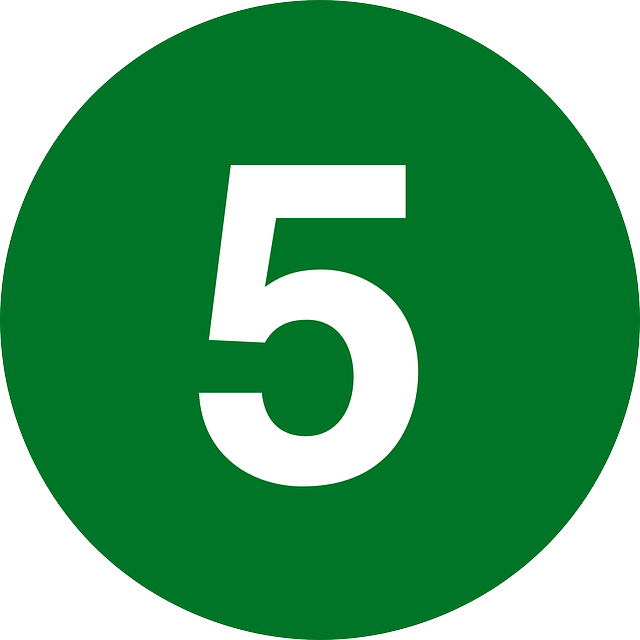In New York City, strict Do Not Call laws regulate debt collection practices, preventing harassment by limiting calls from law firms to three within seven days (except if initiated by the debtor). Violations incur penalties. Debtors and collectors must understand these rules, promoting transparency and fairness while allowing consumers to regain control over their communication. Adherence ensures a respectful debt collection process, protecting rights and alleviating stress during financial struggles.
“In New York City, debt collection practices are subject to strict regulations aimed at protecting consumers. Navigating the intricate web of NYC’s debt collection call frequency rules is essential for both creditors and debtors. This comprehensive guide delves into the Do Not Call List, regulating collection calls, penalties for violations, and best practices. For law firms seeking compliance, understanding these guidelines is crucial in ensuring ethical and effective debt collection while respecting the rights of New York City residents. By adhering to these rules, firms can avoid legal repercussions and maintain a positive reputation.”
Understanding NYC's Debt Collection Laws: An Overview

In New York City, debt collection practices are subject to stringent regulations designed to protect consumers from aggressive or unfair tactics. One key aspect is the Do Not Call law which specifically prohibits calls to law firms by debtors. This law is in place to ensure that individuals facing financial difficulties aren’t harassed or pressured into making hasty decisions regarding their debts. It’s crucial for debt collectors and law firms operating in NYC to comply with these rules, which include restrictions on call frequency and certain requirements when contacting debtors.
Understanding the scope of these laws is essential for both parties involved. Debtors should be aware of their rights and know that they can limit the number of calls they receive from collection agencies or law firms. Similarly, collectors must adhere to the Do Not Call rules, ensuring their communication strategies are respectful and compliant. This overview highlights the need for transparency and fairness in NYC’s debt collection process.
The Do Not Call List: Who's Protected and How to Register

In New York City, individuals have the right to protect themselves from persistent debt collection calls under the state’s Do Not Call law. This law specifically targets debt collectors and do not call list registrations can significantly reduce the number of unwanted phone calls received. Anyone who has incurred debts and is facing collections should take advantage of this legal protection.
To register on the Do Not Call list, residents can visit the official website of the New York State Attorney General’s Office or contact their local consumer protection agency. The process involves providing personal information and detailing the type of debt and collector involved. Once registered, licensed collection agencies and law firms in NYC are prohibited from making phone calls to the individual for debt-related purposes. This is a powerful tool for consumers to regain control over their communication and reduce stress related to persistent debt collection efforts.
Regulating Collection Calls: When and How Often Can They Contact You?

In New York City, the rules around debt collection calls are strictly regulated to protect consumers from excessive or harassing phone contact. The Do Not Call laws specifically apply to law firms engaging in debt collection activities, ensuring a certain level of respect and privacy for residents. According to these regulations, collection agencies cannot call you more than three times within seven days, unless you initiate the communication by returning their calls.
These guidelines aim to prevent relentless phone calls from debt collectors, providing individuals with a break from persistent attempts to recover outstanding debts. The rules also stipulate that calls should be made between the hours of 8 a.m. and 9 p.m., excluding holidays, to ensure that consumers are not disturbed during their personal time.
Penalties and Remedies for Violations: What Are Your Rights?

In New York City, debt collection practices are heavily regulated to protect consumers from aggressive and harassing calls. Violations of these rules can result in significant penalties for collection agencies. If a collector or law firm violates the “Do Not Call” restrictions, individuals have several rights and remedies available. These may include filing complaints with regulatory bodies, seeking legal action for damages, and even demanding restitution for any financial losses incurred due to the unlawful calls.
Consumers are entitled to peace of mind when it comes to their personal information and debt collection efforts. The law firm or collector must respect a consumer’s decision to opt-out of calls, and failure to do so can lead to legal repercussions. Understanding your rights is crucial in navigating these situations, ensuring that the “Do Not Call” laws are enforced and maintaining a respectful, lawful debt collection process.
Best Practices for Debt Collectors: Ensuring Compliance in NYC

In New York City, debt collectors must adhere to strict regulations to ensure compliance and respect for consumers’ rights. One key aspect is refraining from making calls to law firms, as per the Do Not Call laws. Collectors should focus on establishing a fair and transparent communication process with debtors. Best practices include offering various ways to contact the collection agency, such as email or mail, allowing individuals to resolve debt issues without constant phone calls.
Additionally, maintaining accurate records of interactions is crucial. Debt collectors in NYC should document every call, including the date, time, and content discussed, to prevent any misunderstandings or allegations of harassment. By implementing these practices, collection agencies can foster a positive relationship with debtors while upholding legal standards.






